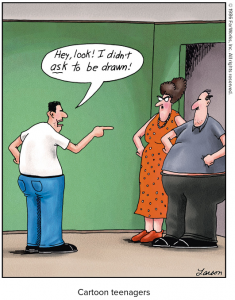It felt good. The Morris Theater has re-opened after a long pandemic hiatus, so I actually went to a movie! I love just going to a movie theater, and I’ve missed it.
In case you are concerned because the pandemic is not over yet, I was sensible about it. I’m vaccinated, I wore my mask while interacting with the box office clerk, and, well, this is Morris. I was the only person in the theater! I would like to complain to the management that they could have stayed open all through the past year if they had only allowed one person, me, to attend each showing.
Oh, the movie? Cruella. If I’d had a lot of choices, it’s not one I would have picked, but well, this is Morris. You take what is offered. It was an OK bit of fluff, it’s main virtue is that it gave two Emmas (Stone and Thompson) an opportunity to chew the scenery as over-the-top villains. I like them both as actors, so I’m not going to complain that they got paid to have some indulgent fun.
I also have low expectations for summer movies. The previews were a blur of car chases, superheroes, and random explosions.




